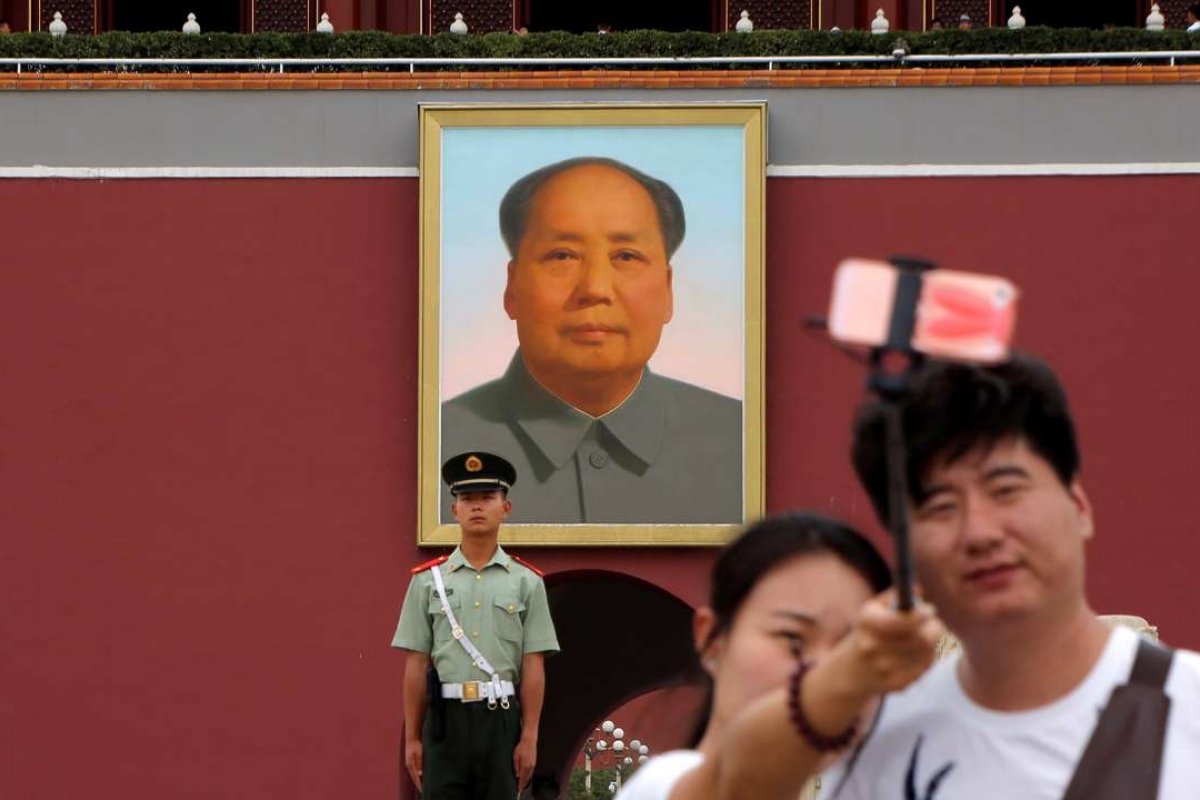
China | Politics & Geopolitics

China | Politics & Geopolitics
In this episode, Professor Julia Lovell from the University of London talks about how the legacy of Mao Zedong (‘Maoism’) still affects contemporary China. Being one of the founding members of the CCP, Mao was regarded as the nation’s ‘supreme leader’ after 1949. According to Lovell, ‘Maoism’ – a collection of Mao’s political theories and practices – stressed the importance of adapting socialism or communism according to different political climates…
This article is only available to Macro Hive subscribers. Sign-up to receive world-class macro analysis with a daily curated newsletter, podcast, original content from award-winning researchers, cross market strategy, equity insights, trade ideas, crypto flow frameworks, academic paper summaries, explanation and analysis of market-moving events, community investor chat room, and more.
(You can listen to the podcast by clicking here)
In this episode, Professor Julia Lovell from the University of London talks about how the legacy of Mao Zedong (‘Maoism’) still affects contemporary China. Being one of the founding members of the CCP, Mao was regarded as the nation’s ‘supreme leader’ after 1949. According to Lovell, ‘Maoism’ – a collection of Mao’s political theories and practices – stressed the importance of adapting socialism or communism according to different political climates. Despite the shortcomings of Maoism, Lovell argues that it was important for the Chinese Communist Party to protect Mao’s image since doing so helped stress the historical legitimacy of the CCP regime. The current Chinese President, Xi Jinping, echoed several Maoist practices during his term, especially the ‘cult of personality’ techniques that Mao employed as supreme leader. However, China today is too integrated with the rest of the world for Xi to revive all of Mao’s legacies, especially the mass export of ideologies and socialist revolutions in the 1950s.
Why does this matter? China is currently facing challenges that also have great global impacts as the Party’s 70th birthday approaches. It has the slowest domestic growth in decades, trade tensions with the US, continuous civil unrest in Hong Kong, and unsolved issues with Taiwan – to name just a few. How Chinese leadership approaches these problems is becoming a major talking point. The ongoing clash between political ideologies in China and the West remains a key driver of geopolitical uncertainty.
Spring sale - Prime Membership only £3 for 3 months! Get trade ideas and macro insights now
Your subscription has been successfully canceled.
Discount Applied - Your subscription has now updated with Coupon and from next payment Discount will be applied.